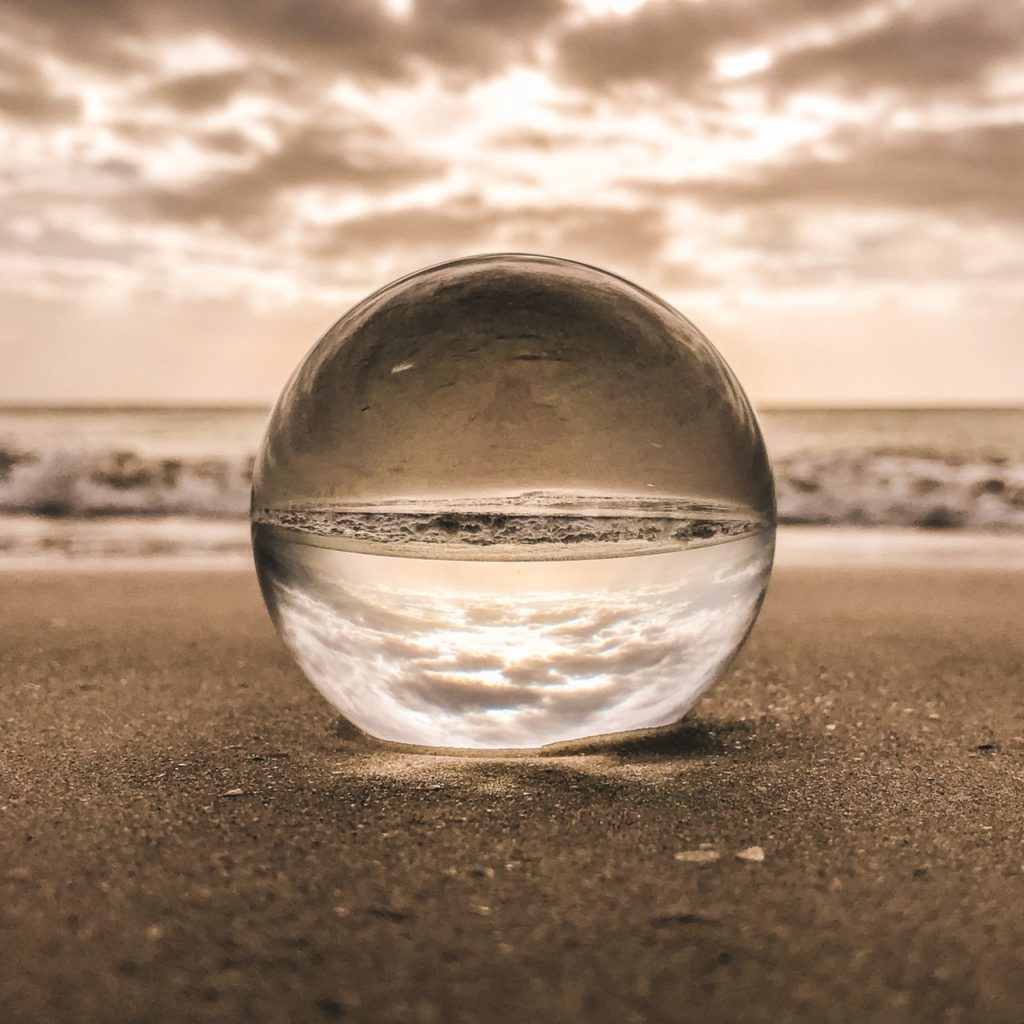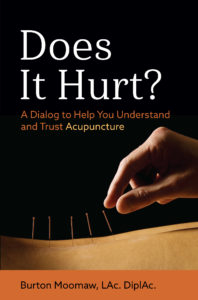
We constantly hear in health recommendations about the importance of hydration. “Drink eight glasses of water per day.” “We are 60% water so we need water.” “Drink 1/2 oz. of water per pound of body weight per day.” So what does Chinese medical theory have to say about hydration?
It turns out that in the view of Chinese medicine, hydration is very important, but the story is bigger than water alone. How much water and fluids we consume are important but also when we consumed them, their temperature, the impact on them of eating dry/sugary foods, all of these are also taken into consideration.
Yes, according to modern-science measurement we humans have a very high water content. The percent of water each of us holds varies according to one’s age, whether we are male or female, and the fat content of our body. Water is distributed unevenly in the body with brain and heart being 73% water, lungs 83%, skin 64%, muscles and kidneys 79%, and bones 31%. In total, babies are about 78% water, adult males 65%, and adult females 55%. (water.usgs.gov/edu/propertyyou.html)
So why do we need to drink sufficient water every day? From a western-science perspective water:
- Is a vital nutrients to every cell of the body
- Regulates our internal temperature by sweating and respiration
- Fat, protein, and carbohydrate nutrients that fuel our bodies are metabolized and transported by water in the blood (92%)
- Assists in flushing waste through urine
- Acts as a shock absorber for the brain, spinal cord and fetus
- Forms saliva
- Lubricates joints
Chinese medical theory confirms that our bodies require water for all of the above functions plus others. Through metabolic processes we transform dietary fluids (liquids combined with foods) into:
- Thin fluids- sweat, tears, saliva, mucous and synovial fluid in our joints, spine, and brain
- Thick fluids- our hormones
- Essence- A. our tissues and organs. B. our senses- taste, smell, hearing, sight and touch (sensorial essence) C. Our Jingshen- spirit/emotions
Metabolically we produce clear fluids and turbid fluids. Clear fluids become all of the attributes above, turbid are excreted from the body through urine and feces.
Finally, water is the foundation for our immune system. Like the moat around a castle, water is required for a strong defense. Immune energy is likened to hot steam requiring water to produce it. Micro-sweating is the bodies first response to repel a pathogenic invasion from the outside.
However, water alone is insufficient for for hydration. Water is the foundation for thin fluids, but fat is the foundation for thick fluids. It is interesting to note that western science recognizes cholesterol (inherent in saturated fat (3%of our total) and produced by our liver (97% of our total) as the building block for all hormone synthesis in our bodies. F or healthy, hormone function we require sufficient saturated fat intake. Since every cell in our body is housed in a lipid (fat) membrane, we need lots of healthy fat to support all of our cells. Healthy fats include grass fed butter, Ghee, coconut oil, and olive oil. Contrary to the long-held dogma of modern medicine, unsaturated fats are proving to be detrimental to human health.
The temperature at which water is consumed is as important as the volume. Drinking cold water and fluids is a very damaging dietary convention. The job of our stomach with its digestive fire- that hot, hydrochloric-acid bath, is to cook our food, to ripen and rot it. When that biological fire is quenched with cold fluids and food, our digestion under-functions to the point that we cannot liberate energy from our food and we store that energy is fat. I’ve seen patients lose 5 pounds in a week simply by switching to warm fluid consumption.
Likewise the timing of consumption of fluids has an effect on the digestive process. Large amounts of water and fluid before and during a meal are detrimental since they thin out the acid in the stomach and the enzymes in the small intestine rendering them less effective in breaking down food. Eating lots of vegetables with their high water content ensures sufficient fluid during a meal. Eating fewer or no dry foods like crackers, chips, and processed food from boxes is an excellent way to lower fluid demand. Sugar, which is dehydrated cane juice, requires a lot of water to rehydrate and metabolize. Drinking water and warm fluids between meals is the ideal time to take on fluids.
Here are my recommendations for ensuring sufficient hydration. Note that the word sufficient has a different meaning than adequate. Sufficient intones the proper amount for complete healthy function. Adequate implies just enough to keep us functioning. Water is inseparable from our complete diet in Chinese medicine so these recommendations include food considerations.
- Eat foods like they occur in nature. Lots of fresh or frozen vegetables lightly cooked, Grass-fed meats, Grass-fed eggs, healthy fats, small amounts of cooked non-glutinous grains (rice, millet, oats, quinoa).
- Consume lots of healthy fats including grass fed butter, coconut oil, and palm oil, as well as mono-saturated olive oil. Cook only with the first three. Suggested reading: The Big Fat Surprise, Nina Teicholz. See also www. bulletproofexexutive.com
- Eat bone broth. Cooked animal bones give us a direct intake of essence.
- Replace all processed salt (sodium chloride) with sea or Himalayan salt. Sea salt has trace minerals included, electrolytes that our body uses to hold onto water. Consider adding trace mineral drops to your water. Suggested reading: Salt Your Way to Health, Dr. David Brownstein
- Eliminate dry and inflammatory foods from your diet. This includes processed foods (things from boxes), sugar, dairy products, and gluten containing grains (wheat, barley, rye).
- Over the course of 2 to 3 weeks progress toward drinking 1/2 ounce of water per pound of body weight per day. So, someone weighing 120 pounds would drink 60 ounces of water which is right at 2 quarts. Measuring out the water in the morning is the only way to know how much you actually drink.
- Drink less or no coffee, it is very dehydrating despite its lauded content of antioxidants. Green tea is recommended.
 You will find more in-depth descriptions of these theories in my introductory book on acupuncture,
You will find more in-depth descriptions of these theories in my introductory book on acupuncture,
Does It Hurt? A Dialog to Help You Understand and Trust Acupuncture




Comments are closed.